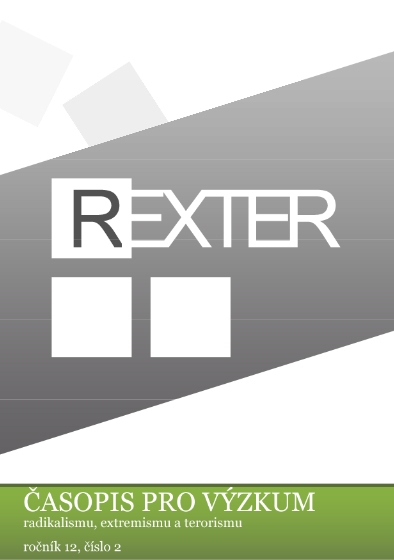Is Israeli-Palestinian Conflict a Clash of Civilization? Samuel P. Huntington’s Theory Challenged.
Is Israeli-Palestinian Conflict a Clash of Civilization? Samuel P. Huntington’s Theory Challenged.
Author(s): Samuel Antwi Darkwah, Eva TaterováSubject(s): Politics / Political Sciences
Published by: Centrum pro bezpečnostní a strategická studia, o.s.
Keywords: Samuel P. Huntington; clash of civilizations; fault line conflict; Israel; Palestine; Christianity; Islam; Judaism; Middle East
Summary/Abstract: Soon after being published, the theory of the clash of civilizations presented by established American professor Samuel P. Huntington aroused the unprecedented discussion. Despite all, more or less legitimate objections that can stand against Huntington's theory, its impact on politics is at least in some cases indisputable. This article aims to analyze a statement whether the Israeli-Palestinian conflict can be classified as a clash of civilization, or more precisely a fault line war, working with a definition that American political scientist Samuel P. Huntington introduced in his famous book The Clash of Civilizations and the Remaking of World Order (1996). The authors of the article use the example of Israeli-Palestinian conflict and examine the individual criteria of the fault line wars designed by Huntington. Those criteria are following: the geographic proximity of two different civilizations, different religions and cultures, separate social structures and the historical memories of both societies. Finally, based on the analysis of these criteria the authors introduce their conclusions. They deny Huntington’s statement claiming that Israeli-Palestinian conflict is an example of a fault line war, and thus they propose some revisions of clash of civilizations theory.
Journal: Rexter - Časopis pro výzkum radikalismu, extremismu a terorismu
- Issue Year: 12/2014
- Issue No: 2
- Page Range: 20-41
- Page Count: 22
- Language: English

